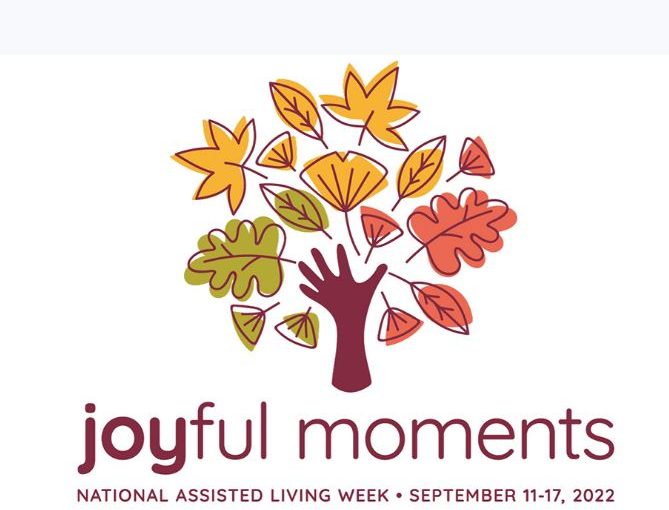America’s assisted living communities will participate in
National Assisted Living Week® (NALW) September 11-17, 2022. The national observance—which begins each year on National Grandparents’ Day and is supported this year by official sponsor First Quality—honors the individuals who reside, work, and volunteer in assisted living and residential care communities with special activities and events.
Created by the National Center for Assisted Living (NCAL) in 1995, this year’s NALW theme – “Joyful Moments” – reflects the strong connection between residents and staff and encourages them to join with their families and local communities to celebrate and create happy memories. This week also provides the opportunity to educate communities across the country about this sector of long term care and the dedicated, hardworking caregivers.
Visit
www.nalw.org to view the 2022 NALW Planning Guide for ideas on how to celebrate, access NALW graphics and logos, purchase NALW products, and take advantage of the digital toolkit to promote your events with media and in your community.








